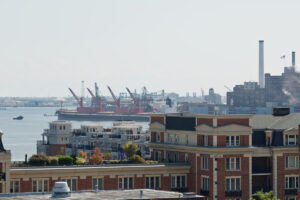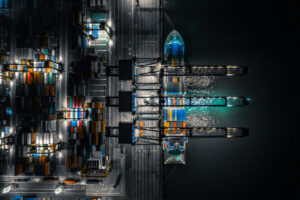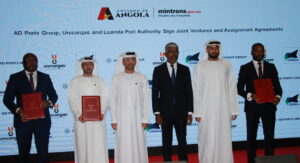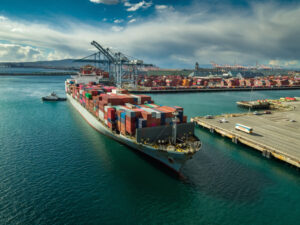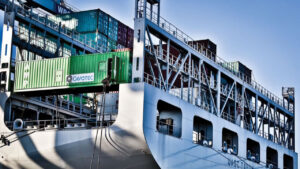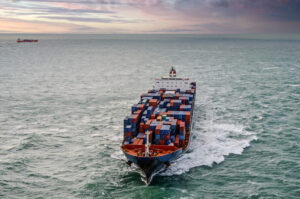Ports along the vitally important Mediterranean Corridor will look to adapt their infrastructures through hinterland connectivity and intermodal investment to shorten supply chain flows in the future.
The 3,000km Mediterranean Corridor runs from the Port of Algeciras to the ports bordering Hungary and Ukraine, and is one of the most important shipping regions in the world.
Josep-Vicent Boira, Commissioner of the Spanish Government for the Mediterranean Corridor, said the 12 ports along the corridor must consider two changing dynamics for the future: storage and intermodal transport.
“More than a deglobalisation, we share the idea [that] we are going towards regionalisation [instead] of globalisation,” Boira told the audience at the European Sea Port Organisation’s (ESPO) 2021 Regatta.
Boira highlighted the importance shortening supply chains through intermodal options, including rail, had already been successfully established in areas – introducing a modal shift from road to rail in the Pyrenes and Alps regions, Boira said.
Hinterland connectivity will be particularly important for the corridor in the future, he continued, adding that the Spanish government is investing €6 billion ($7.35 billion) to connect hinterland facilities with the major urban ports through rail networks in the future.
Boira also highlighted that the ports in the area – which includes the Port of Valencia, Port of Sevilla, and Port of Trieste – will have to “adapt infrastructures and logistics” to increased rail options in the region.
Boira emphasised planning Just In Case cargo storage rather than relying on Just In Time arrival models.
“On storage, we have to develop some specific places for this activity,” he said.
“A third dynamic is on perceptions of risks, we have to adapt infrastructures and logistics to these [changing] conditions,” Boira noted.
“I am very optimistic for the future, completing railroads with the European facilities connections. and with recovery and resilience.
“We will have a new map in the future, we have to adapt our infrastructures.”


